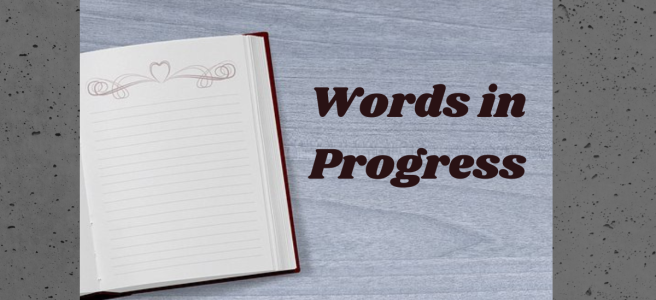From our schooldays, we’re used to categorizing history by centuries, neatly packaged to define a certain age into sound bites and facts. Although this is a useful learning tool, it would be quite wrong to think that dramatic changes occur simply because of a new century or arbitrary measurement of time.
From our own family histories, we know that real life is not that streamlined. I’m sure we all have relatives whose lives spanned a change of centuries and momentous events regardless of how history is packaged.
Similarly, I was born in the twentieth century and my life has straddled the 21st. I don’t feel much different frankly. Definitely older, possibly wiser and increasingly baffled by technology!
In terms of writing, I’m shifting from The Way Home and all things Regency which I’ve been chatting about for the past few weeks back to the Restoration period for my upcoming release Lucky in Love.
It would be tempting to fall back on school book history and assume these are completely separate periods. However, as anyone who follows the wonderful lexicographer Susie Dent would know, language provides an important and ever-changing link through time.
Today, I’m chatting about two books, published within 20 years of each other that provide an extraordinary overview of language and social history.
Blackguardiana by James Caulfield, first published in 1795, is a book I dip into whenever I have a spare moment as it’s a fascinating read. It’s an informal encyclopaedia of the criminal underworld. Partly a dictionary of cant terms, Blackguardiana is threaded through with colourful anecdotes and potted biographies of notorious rogues. Its references stretch from Tudor, through Stuart times and into the late eighteenth century. Whenever I dip into this book, I feel like I’m drawn back into the distant past in an immediate and vivid way.
At first glance, Francis Grose’s 1811 Dictionary of the Vulgar Tongue seems far more modern than Blackguardiana in its layout. The title describes its function as a dictionary explaining cant terms that were becoming fashionable slang at this period. This enjoyable BBC article provides great insight into the dictionary! However, Grose’s book owes a debt to Blackguardiana. Many of the words and definitions are identical in both volumes and Grose often slips into enjoyable narratives to illustrate a word with a real-life example.
Blackguardiana looks to the past for inspiration while the Dictionary of the Vulgar Tongue popularises gaol slang for a generation of young bucks. But these two volumes have much in common. The use of language and the salutary examples provide a bridge between the seventeenth and early nineteenth centuries which proves invaluable for writing historical fiction.
